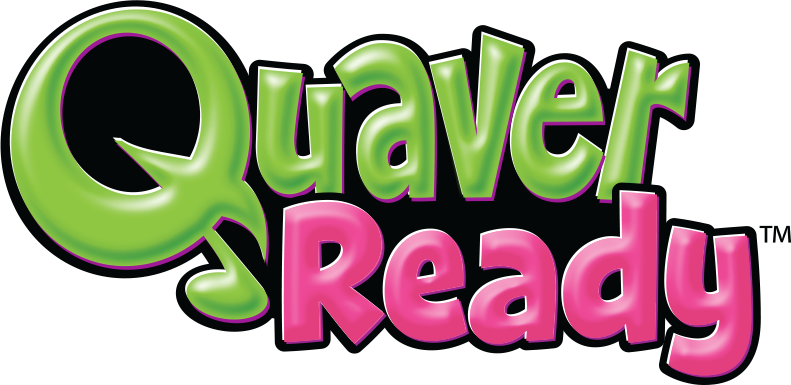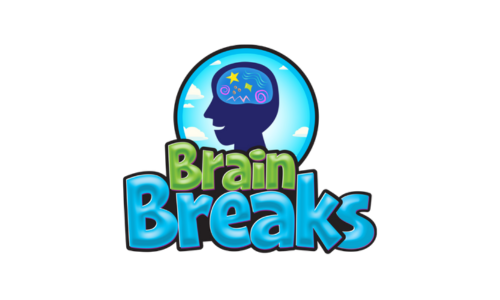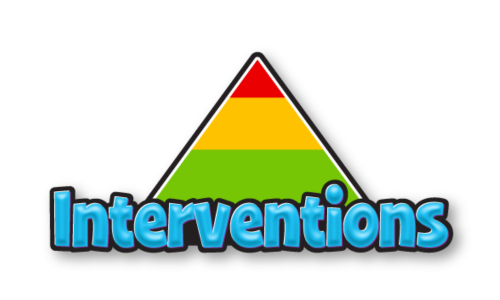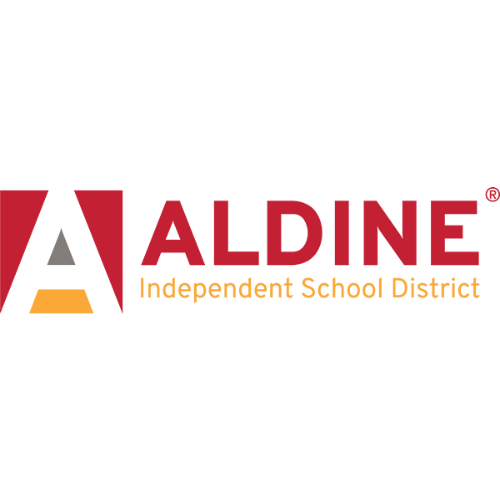
Helping Students Succeed in School
Readiness Skills for Students
QuaverReady provides students with skills for success in school and beyond. Our engaging, fully digital, and standards-aligned PreK-5 curriculum ensures students are ready to face the challenges and opportunities ahead.
“My students love all of the songs, stories, and activities that we study each week through our morning warm-up with QuaverReady.” – Cindy Fuentes, Miami-Dade County, FL
MTSS Resources To Reach All Learners
QuaverReady offers a tiered approach that considers all students and circumstances. Our evidence-based curriculum and engaging resources reach Tier 1, 2, and 3 learners.

Lessons
QuaverReady offers 36 weeks of ready-to-use lessons for grades PreK-5, along with behavior resources any educator can use. These lessons cover all five CASEL competencies and contain a variety of interactive screens, songs, and activities to engage students.

Brain Breaks
Our Brain Breaks include movement and mindful activities that refresh and refocus students. These activities are designed to foster classroom discussion and promote positive behavior.

Interventions
Our intervention resources provide educators with various tools to meet the needs of Tier 2 and 3 learners. QuaverReady offers four types of interventions: Individual Interventions, Small Group Interventions, Behavior Resources, and Peace Corner Resources.
Evidence-Based Solutions
A study of the effectiveness of QuaverReady found that students receiving instruction using QuaverReady achieved significantly greater growth in social and emotional skills than their peers who did not receive QuaverReady instruction.
Spanish Resources
QuaverReady provides resources for Spanish-speaking English Language Learners. All lessons are supported by a song or story that summarizes key concepts in a memorable and engaging way. All 180 songs and stories are available in both English and Spanish.
More Than Just a Curriculum
QuaverReady goes beyond a traditional curriculum for students, offering a comprehensive, whole school solution.
Our fully digital platform is designed with all stakeholders in mind, providing tailored resources and support to students, educators, administrators, and families.
Scope and Sequence
Our customizable scope and sequences ensure consistency and coherence across classrooms, grade levels, schools, and districts.
Standards-Aligned
Each ASCA and SSWAA standard and competency is addressed throughout the QuaverReady curriculum.
Funding for QuaverReady
Learn how to use your Title funding to purchase high-quality instructional materials.
What Teachers Have to Say About QuaverReady
Districts That Use QuaverReady
The Power of Music
QuaverReady is packed with engaging songs that reinforce key messages to every grade and skill level.
Educators can also access Spanish versions of all songs and animations.
Coming Soon to QuaverReady
We are always introducing new content, innovative lessons, and improved features. Click below to learn more about the upcoming updates to QuaverReady!
FAQs
Try QuaverReady for Free Today
Join over 28,000 educators who use QuaverEd curricula in their schools.





